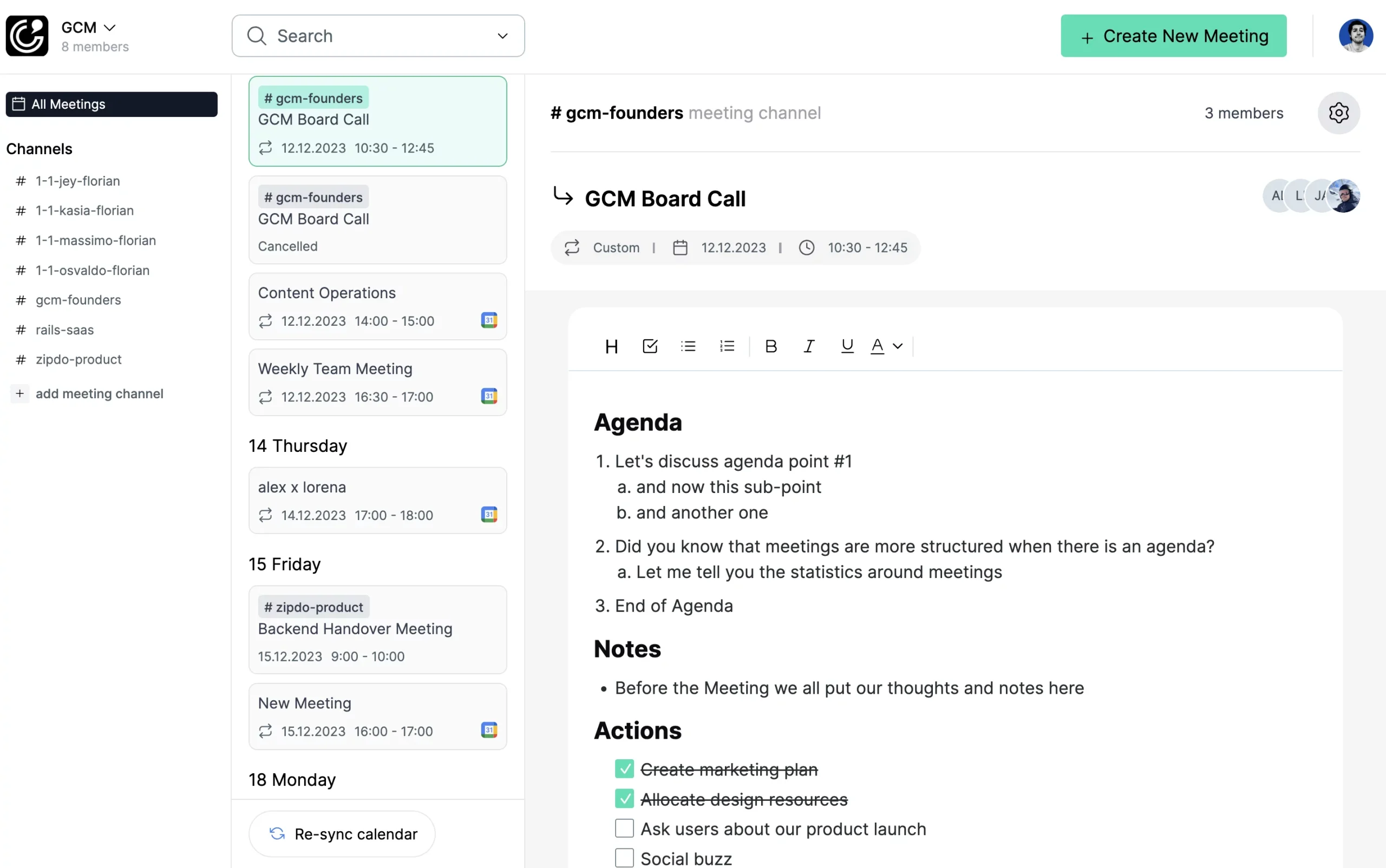Meeting anxiety refers to the stress, worry, or fear one may feel before, during, or after a meeting. It typically originates from a variety of factors such as a fear of public speaking, worry about being perceived negatively by peers or superiors, concerns about delivering or performing inadequately in terms of presentation or responses, or general discomfort being in social or professional group settings. It can lead to physical responses such as sweatiness, stuttering, or rapid heart rate besides emotional and psychological discomfort, jeopardizing the person’s ability to contribute effectively to the meeting.
How to overcome meeting anxiety: Step-By-Step
- Step 1: Identify the Source
- Step 2: Preparation
- Step 3: Practice Mindfulness
- Step 4: Positive Self-talk
- Step 5: Rehearse
- Step 6: Healthy Living
1
Step 1: Identify the Source
You must first discern the root cause of your anxiety surrounding meetings. Is the discomfort linked to the individuals you’re expected to interact with? Or perhaps it’s the subject matter of the meeting that’s daunting? Or, could it be tied to a broader fear of public speaking? By identifying the source, you’ll be better equipped to address your anxiety.
Next Step
2
Step 2: Preparation
Diligently prepare for your meeting by thoroughly reviewing the agenda, understanding key talking points and jotting down any questions you have or topics you’d like to discuss. Such preparation not only reduces anxiety but also boosts your confidence, equipping you to handle the discussions more effectively. This can lead to improved contributions and potent networking, thereby enhancing the overall productivity of the meeting.
Next Step
3
Step 3: Practice Mindfulness
Engaging in intentional mental activities, such as deep breathing exercises and mindfulness meditation, can significantly mitigate feelings of anxiety. These practices involve focusing on the present moment and consciously releasing any negative thoughts that arise. This allows for a sense of calm and tranquility to be established, fostering a more peaceful state of mind.
Recommendation
Advertisement
Have you tried our Meeting Notes Software, yet?
Want to run a better meeting? Try ZipDo, our Meeting Note Software.
Connect your Google Calendar
Automatically create a note for every meeting
Organize your meetings and meeting notes in a channel like Slack
Next Step
4
Step 4: Positive Self-talk
Embrace positivity by replacing negative thoughts with confident, positive ones. Instead of letting anxiety dominate your mind, focusing on all that could potentially fail, shift your mindset. Visualize the meeting occurring smoothly, participants engaging positively, and outcomes getting achieved. Your outlook can greatly influence the meeting’s success.
Next Step
5
Step 5: Rehearse
If you’re anxious about public speaking, rehearsing your speech can indeed boost your confidence. Practicing alone initially, clarifying your thoughts, and refining delivery can help. Later, rehearse in front of a trusted person. Their constructive feedback can be invaluable in identifying areas for improvement, thus enhancing your overall performance.
Next Step
6
Step 6: Healthy Living
Maintaining a healthy lifestyle through regular exercise, balanced nutrition, and sufficient sleep can significantly mitigate anxiety symptoms. Evade substances like caffeine and alcohol, known stimulants that can escalate anxiety levels. This holistic approach serves to provide a natural barrier against the onslaught of anxiety.
Conclusion
In conclusion, overcoming meeting anxiety is a multifaceted process that requires understanding the root cause, structured preparation, consistent practice, positive mindset, and effective use of relaxation techniques. Everyone experiences some form of anxiety from time to time, but it should not hinder your professional development or personal growth. Remember, anxiety is a common human experience and acknowledging it is the first step towards managing it effectively. Use the strategies outlined in this blog to navigate your way towards productive, fulfilling meetings that push you closer to your goals. Don’t let meeting anxiety dominate your professional life. Embrace the challenge, implement these strategies, and watch your confidence soar in the meeting room. It’s a journey that demands patience and resilience, but the rewards are well worth the effort.

Jannik Lindner
I'm Jannik and I write on MeetingFever about the experiences from my career as a founder and team lead.
If you have any questions, please contact me via LinkedIn.
Popular Questions
What is 'Meeting Anxiety'?What are the symptoms of 'Meeting Anxiety'?How common is 'Meeting Anxiety'?How can someone manage 'Meeting Anxiety'?Can 'Meeting Anxiety' harm my professional growth?
Meeting anxiety refers to a feeling of unease, worry, or fear related to attending a meeting. This might stem from a fear of public speaking, concern about professionalism, insecurity about performance or fear of conflict in a group setting.
Symptoms could include excessive sweating, rapid heartbeat, nausea, trouble focusing, feeling jittery, fear of criticism or rejection, avoiding eye contact, etc. Emotional symptoms might also include extreme worry about the meeting’s outcome, excessive worry about performance, or negative assumptions about the meeting attendees’ perceptions of you.
Meeting Anxiety’ is quite common, especially among people who are new to a professional or group setting, or those with social anxiety disorders. It’s estimated that the fear of public speaking, which can manifest in meeting settings, affects about 75% of people to some degree.
Some strategies to manage meeting anxiety include practicing mindfulness and relaxation exercises, rehearsing the meeting scenario to increase confidence, focusing on the meeting agenda rather than personal anxieties, adopting positive self-talk, seeking supportive feedback, and if necessary, seeking professional help such as counseling or therapeutic strategies.
If left unaddressed, ‘Meeting Anxiety’ could potentially limit someone’s professional growth and opportunities as it may prevent them from expressing ideas openly, participating fully during discussions, or nurturing essential professional relationships. However, with proper management strategies and possible professional help, these negative impacts can be mitigated.



